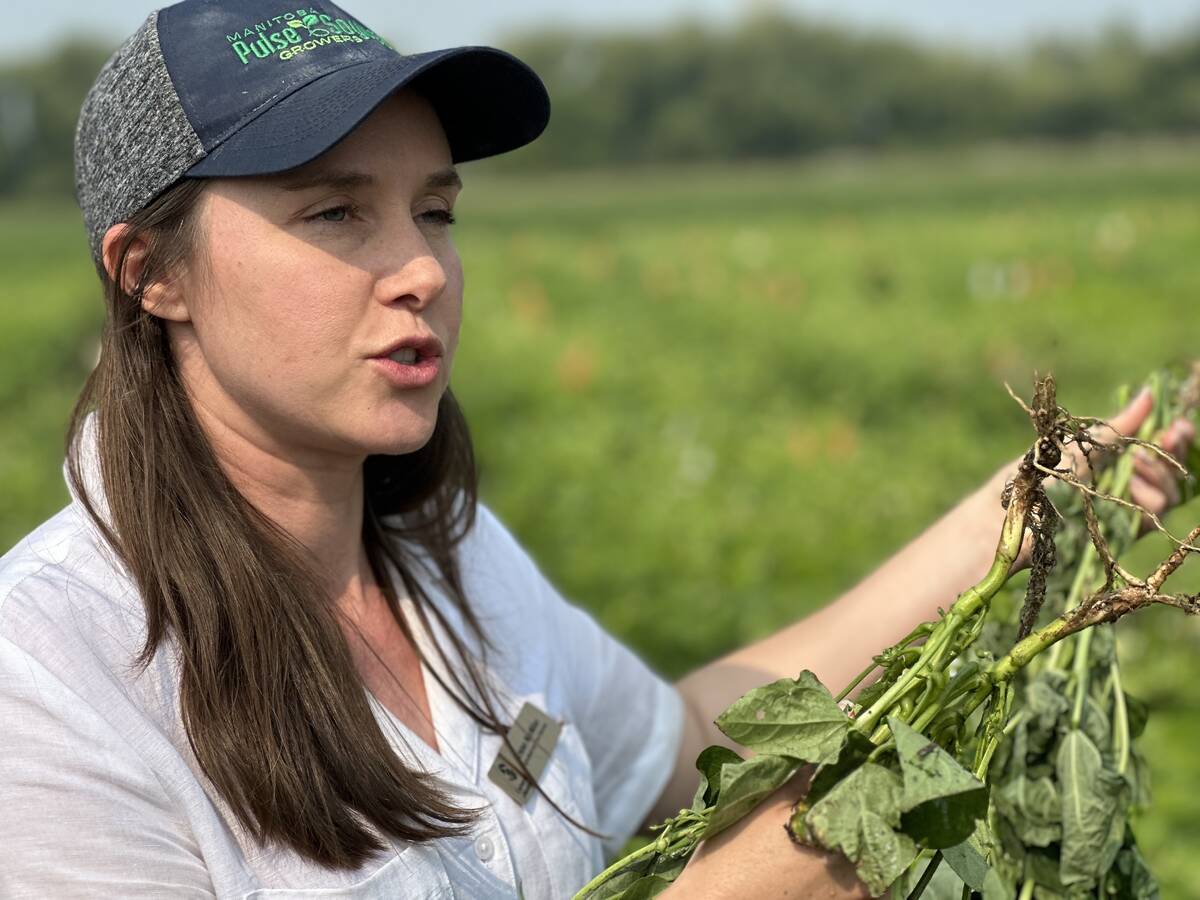SAO PAULO, Brazil (Reuters) — Brazilian soybean farmers face the prospect of more crop failures, a grain growers group said recently, as a leading consultancy firm revised its forecast for the country’s crop this year due to drought.
In states like Parana and Mato Grosso do Sul losses are known, while in other regions they have not yet been accurately measured, said Bartolomeu Braz, the head of grain growers group Aprosoja Brasil.
Braz noted the prospect of a “catastrophic” crop as some regions, including Brazil’s new agricultural frontier Matobipa, have not seen a drop of water for some 30 days.
Read Also

Lower nitrogen rates in dry beans could pay off for farmers
Manitoba research is testing whether reduced nitrogen fertilizer in dry beans can maintain yields while cutting costs and lowering greenhouse gas emissions.
Such remarks contrast sharply with expectations earlier in the season, which kicked off in September, when strong Chinese demand and favourable weather set local farmers on course to produce a new bumper crop.
Consultancy INTL FCStone slashed its output projection by about four million tonnes to 116.25 million tonnes, according to a report sent to clients Jan. 3 that cited dry weather stressing soybeans.
“If (the new projection) is confirmed, Brazilian soybean output will not break the previous record, even in the face of the expansion of the planted area,” INTL FCStone said.
The consultancy is among the first to lower its projection for Brazilian soybean output this season, but others could follow suit as dry conditions persist.
Aprosoja’s own output projection, which is being revised, is between 110 million tonnes and 115 million tonnes, Braz said.
According to Brazilian government data, local farmers collected an unprecedented 119.3 million tonnes in the 2017-18 cycle.
“Climate rules,” said Antonio Galvan, head of Aprosoja in Mato Grosso state, Brazil’s largest grain growing state.
On Jan. 4, he said it is still early to estimate losses there, but added they will occur “for sure.”














